Native American casinos are much more than just slot machines and bingo nights. They're a story of legal grit, and show how tribal nations have asserted sovereignty and built economic self-sufficiency under a unique legal framework.
Behind the flashing lights and spinning reels are complex stories of resilience, regulation, and reinvestment. Here are some facts about these casinos that often go unnoticed by the average visitor.
Sovereignty Secured the First Casino
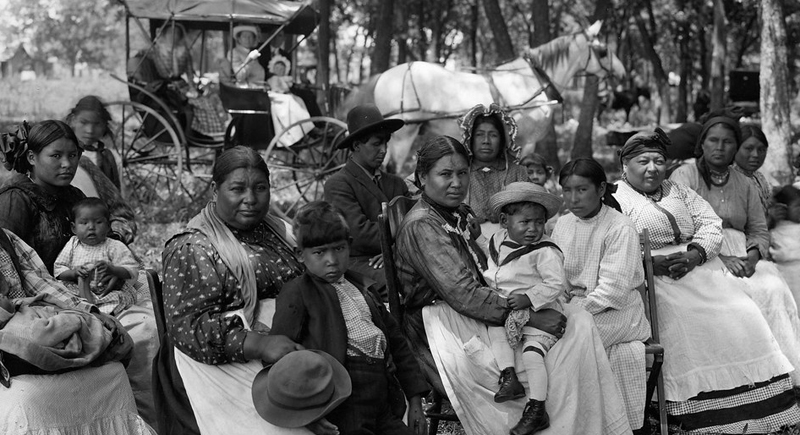
Credit: flickr
In 1979, the Seminole Tribe opened a bingo hall in Florida that quickly became a legal lightning rod. County officials tried to shut it down, but the Supreme Court didn’t budge. Their decision in 1981 confirmed that sovereign tribes could run casinos without state interference.
Casino Revenue Isn’t Taxed
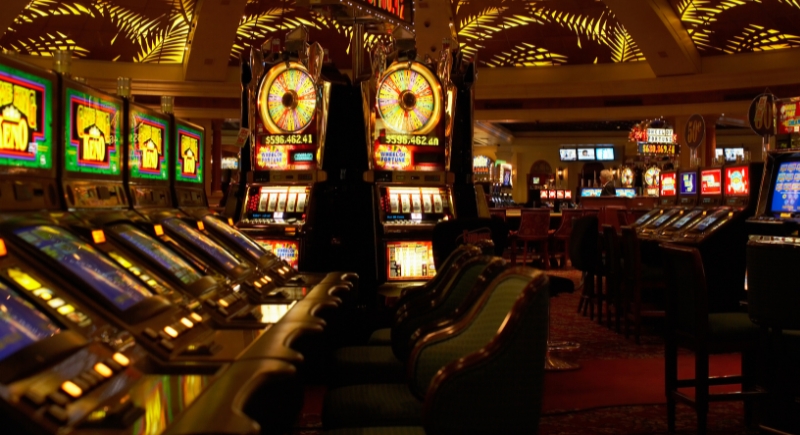
Credit: Canva
Tribal governments aren’t subject to federal or state income tax, so their casino earnings remain untaxed. Still, revenue-sharing compacts often exist, which means a portion goes to local or state governments. Tribal members must pay taxes on salaries and distributions, and players are taxed on winnings.
Tribal Casinos Pull in More Than the Las Vegas Strip
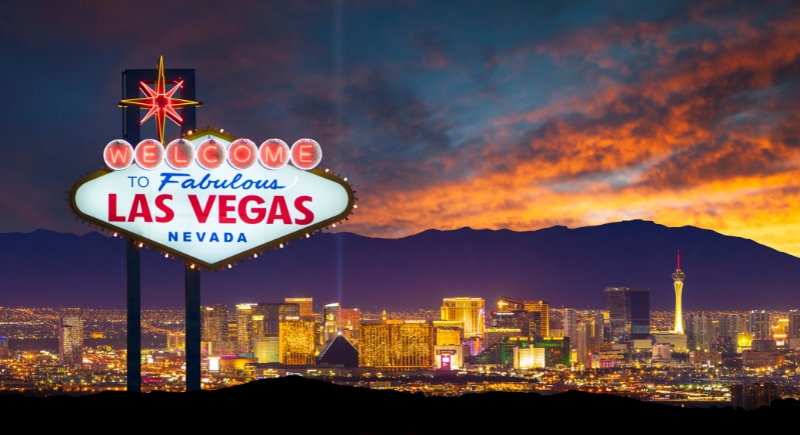
Credit: Getty Images
It might surprise Vegas regulars, but tribal casinos collectively rake in far more. In 2021, they brought in $39 billion, which was more than five times what the Vegas Strip made in 2022. The main reason is volume. With over 500 casinos nationwide, tribal gaming is a major economic force.
Security Forces Operate Under Different Rules
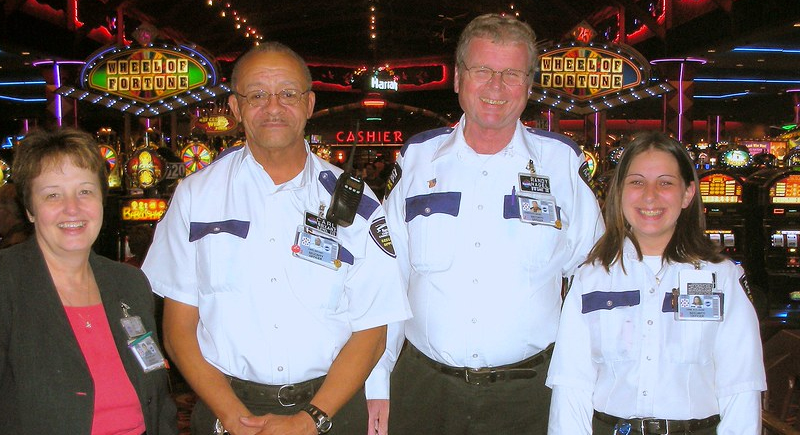
Credit: flickr
Casino guards in tribal venues aren't just buttoned-up bouncers. Many are sworn tribal officers with policing powers under tribal law. They can detain suspects on the spot, though non-Native individuals often have to be handed off to federal or state authorities for arrest.
Casino Games Follow Their Own Playbook
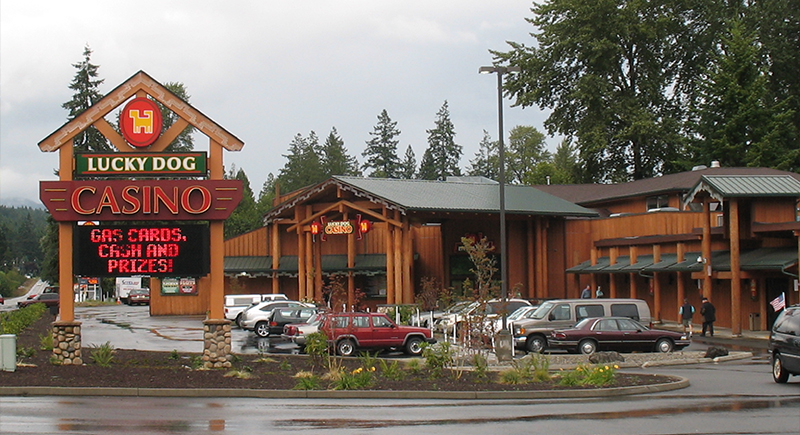
Credit: Wikimedia Commons
Unlike Nevada casinos, which answer to state regulators, tribal gaming is overseen by the National Indian Gaming Commission. Tribes set their own payout rates and don’t always display odds. So two identical slot machines might play very differently depending on which reservation you’re on.
Palms Casino Was a Landmark Purchase

Credit: flickr
In 2021, the San Manuel Band of Mission Indians bought the Palms Casino Resort in Las Vegas for $650 million. This was the first time a tribal nation had acquired a major casino in Las Vegas, bringing sovereign business into one of the world’s most competitive gaming arenas.
Not All Tribal Casinos Are Run by the Tribe
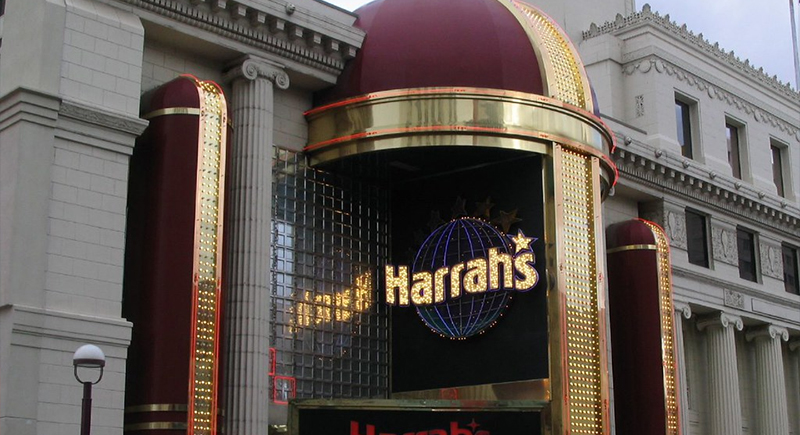
Credit: flickr
Some tribes contract external managers or investors to operate their casinos. Harrah’s, for instance, has run tribal venues in Arizona and North Carolina. Past partnerships have also involved high-profile investors, including Donald Trump and Lim Goh Tong.
Casino Profits Go Toward Community Infrastructure
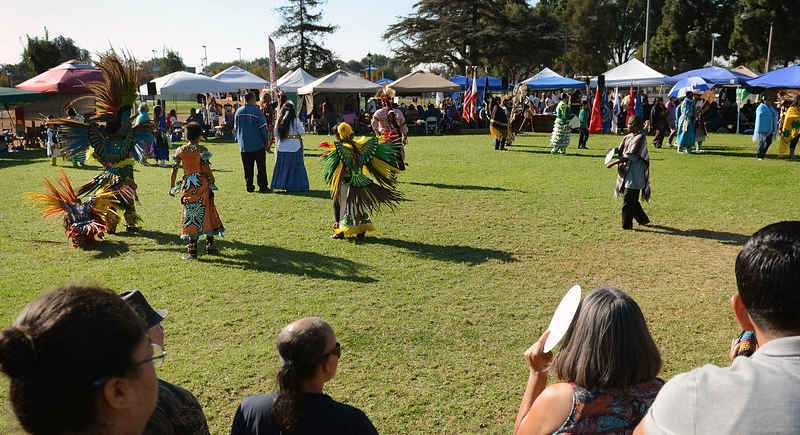
Credit: flickr
Many tribal nations use casino revenue for far more than operations. These include medical centers, housing projects, schools, and elder care. The Muckleshoot Tribe in Washington used their funds to build a medical and dental facility, plus senior housing and local charitable grants.
They’ve Been Shown to Improve Employment and Return Migration

Credit: Wikimedia Commons
Jobs at tribal casinos help reverse migration and lower unemployment. One national study found that casino openings reduced joblessness by 26% and raised the reservation population by more than 11%. It’s one of the rare economic strategies that’s pulled people back to their roots.
The Biggest Casino in the World Is Tribal-Owned
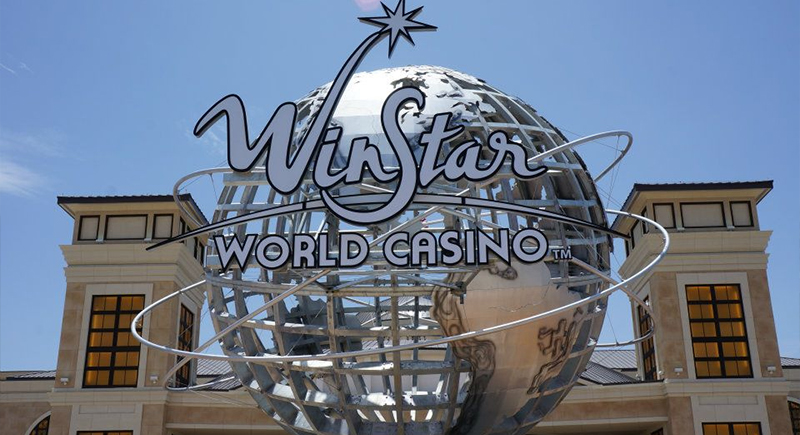
Credit: Wikimedia Commons
The WinStar World Casino and Resort in Oklahoma, run by the Chickasaw Nation, is 600,000 square feet, more than the Venetian Macau. Foxwoods in Connecticut, operated by the Mashantucket Pequot Tribe, is another heavyweight at 344,000 square feet.
Casinos Can Also Create Local Challenges
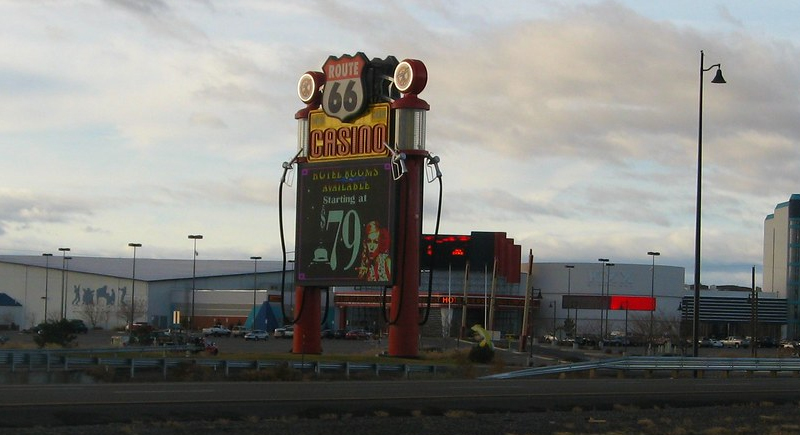
Credit: flickr
Communities near casinos often see upticks in car theft, violent crime, and bankruptcy filings. Native Americans are also at higher risk for gambling addiction, which raises difficult questions about balancing economic benefits with social harm.
Federal Law Shapes Every Casino Deal

Credit: Getty Images
The Indian Gaming Regulatory Act of 1988 is the backbone of this industry. It confirms tribal authority over gaming but with some conditions. Tribes must negotiate compacts with states to run certain kinds of casinos, setting up a balancing act that continues to shape casino expansion today.
Gaming Varies Widely From Place to Place
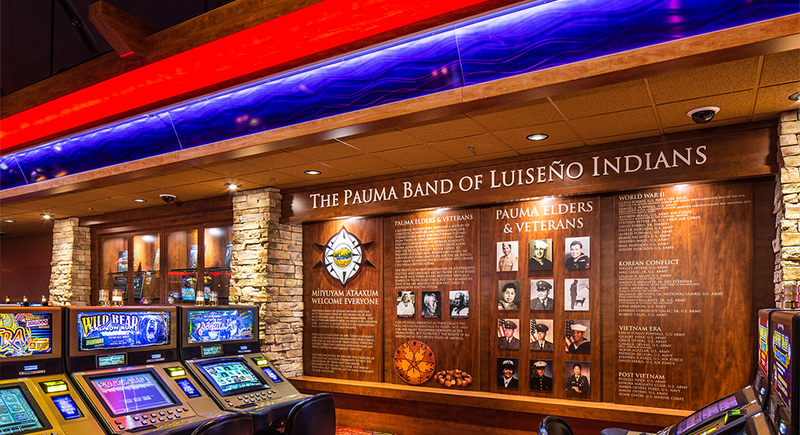
Credit: flickr
No two tribal casinos offer quite the same experience, even if the slots look similar. There’s no standard playbook. Some casinos are no-frills bingo halls. Others rival the amenities of luxury resorts. Geography, population, and governance all shape the final product.
Public Misconceptions Persist
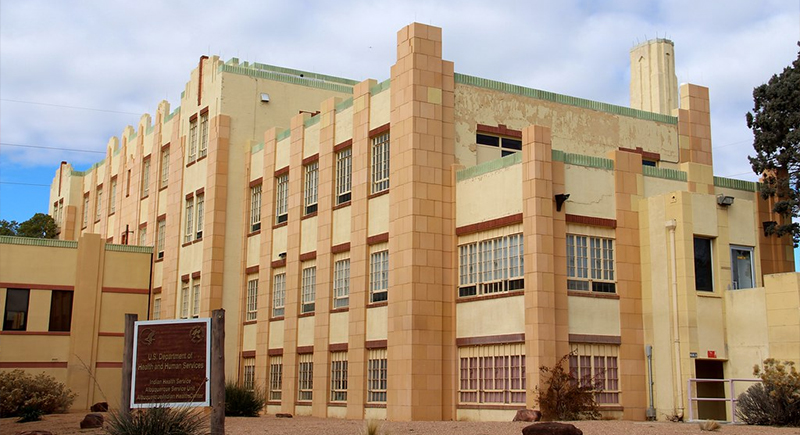
Credit: flickr
It’s a common assumption that tribal casinos equal personal wealth. Reality looks different. Most tribal members don’t get direct payouts. Instead, profits go into communal resources like education, health care, and public infrastructure, often under tight oversight by tribal councils.
Casinos Reinforce Cultural and Political Autonomy
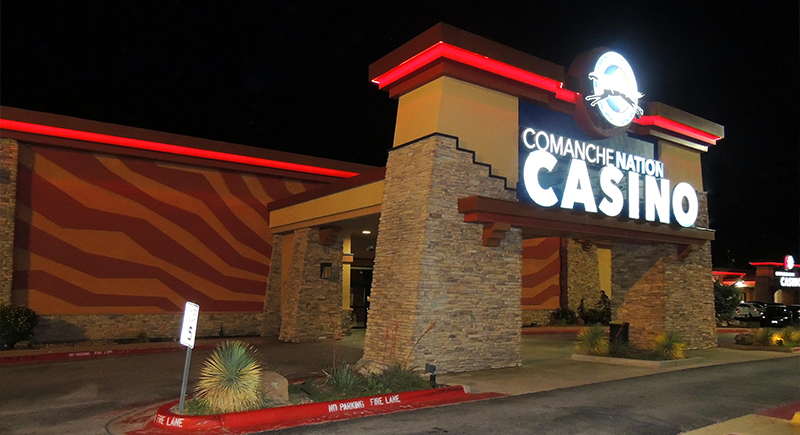
Credit: Wikimedia Commons
Yes, tribal casinos earn big money. But the broader goal is self-determination. They’ve helped fund cultural preservation, language revitalization programs, and tribal legal systems. While not every tribe has a casino, for many, gaming has become one of the few tools of economic sovereignty.
